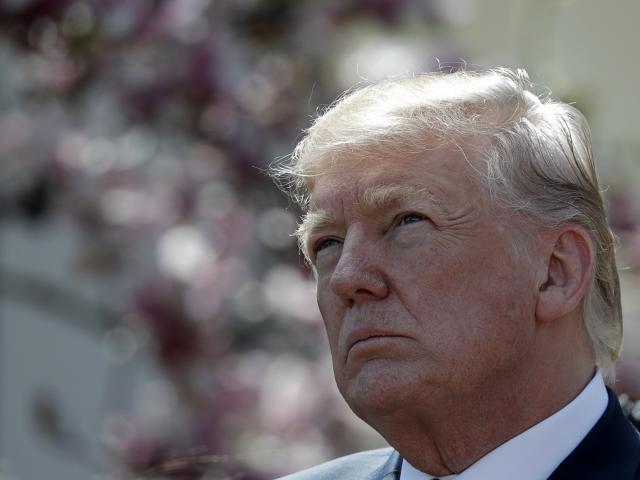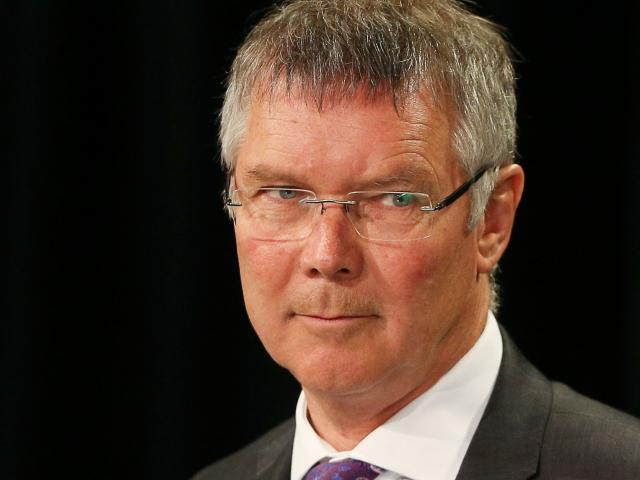

Trade Minister David Parker says it still remains unclear whether the United States is truly committed to returning to the Trans Pacific Partnership.
And if it does rejoin the Asia-Pacific trade agreement, the member countries - including New Zealand - would have to negotiate on how it would affect the trade deal.
US President Donald Trump has told top administration officials to look at signing back up to the 12-nation Trans-Pacific Partnership (TPP).
Trump campaigned against the deal during the presidential election, saying it was a “disaster” and was being “pushed by special interest who want to rape our country”.
But he is now reportedly interested in the agreement again as a way to balance China’s influence in the region.
In a late night tweet on Thursday, Trump said he would only consider joining the agreement if it were a "substantially better" deal than the one offered to President Barack Obama.
Parker said there had been no official confirmation that the US planned to rejoin the TPP. New Zealand ambassador to the US Tim Groser is seeking clarity on the White House’s position.
“We really don’t know any more than we did at Davos [in January] when President Trump said something similar,” Parker said.
Prime Minister Jacinda Ardern also flagged challenges to the Untied States rejoining the pact.
"If the United States, it turns out, do genuinely wish to rejoin, that triggers a whole new process," she told reporters in Auckland.
Since the US withdrawal, the remaining 11 countries have agreed to a new deal called the Comprehensive and Progressive Agreement for Trans-Pacific Partnership (CPTPP).
It was signed off in March this year but has not yet come into force.
About 20 provisions of the TPP which the United States negotiated when it was a member of TPP have been suspended, such as keeping copyright at 50 years and not 70, and requiring greater transparency around Pharmac’s decision-making.
And some new provisions have been negotiated among the remaining 11, such as narrowing the ability of foreign investors to sue Governments.
Parker said one of the key questions if the US rejoined would be how it would affect these provisions.
“That would be a matter for negotiation.”
The provision which allowed New Zealand to ban new house sales to non-resident people living overseas would not be affected, he said.
National Party trade spokesman Todd McClay, who signed the TPP as trade minister, said the US’ apparent change of direction was welcome and the Government should engage with US officials as quickly as possible.
However, he said the TPP was a very carefully balanced agreement and Trump’s desire for an improved deal could complicate things.
“President Trump wants a good deal from America, which probably means he wants to go much further than the original TPP, and that would create problems for all of the countries including New Zealand.
“For instance, we know that there was great interest from the US around better access for their drug companies in NZ. We were very firm that the Pharmac model was not up for re-negotiation and there would be no extra costs for Kiwis when it came to medicines.”
He said none of the US provisions were so significant that they should prevent New Zealand from seeking access to the world’s largest consumer market.
- By Isaac Davison












